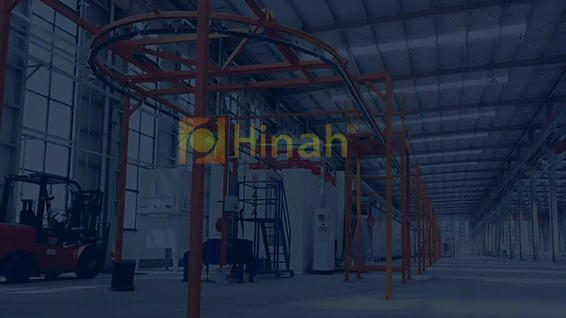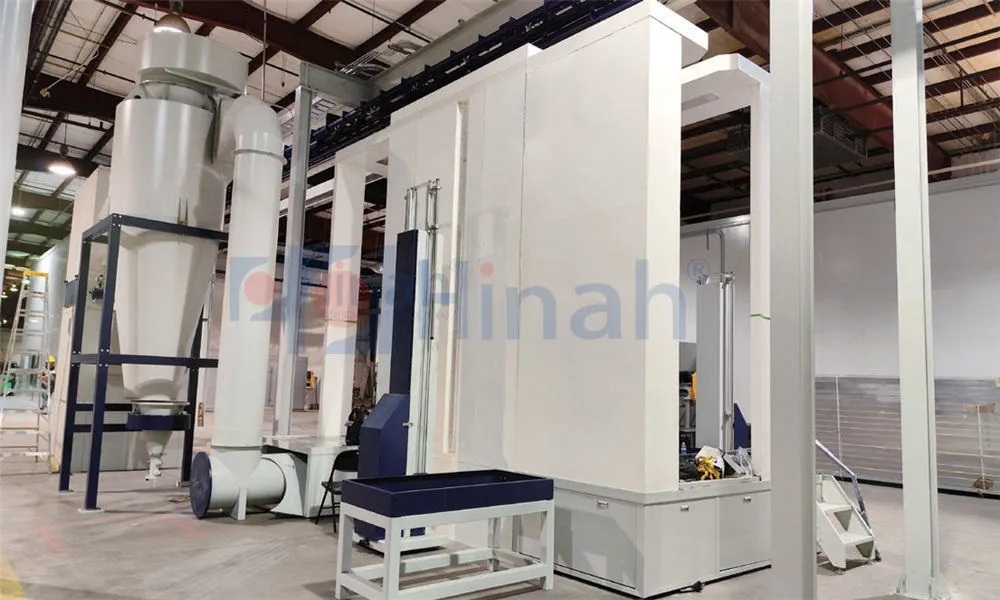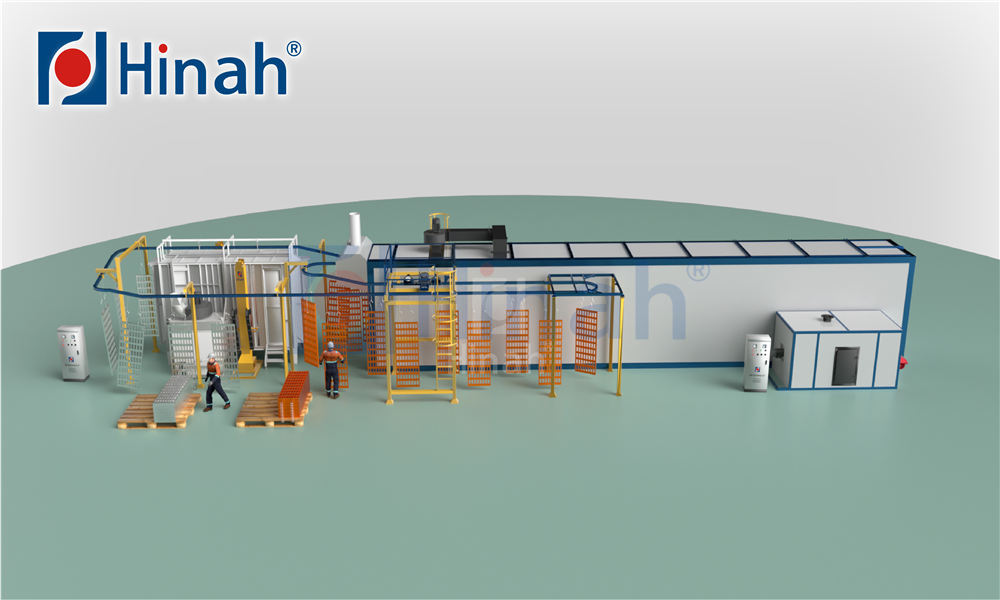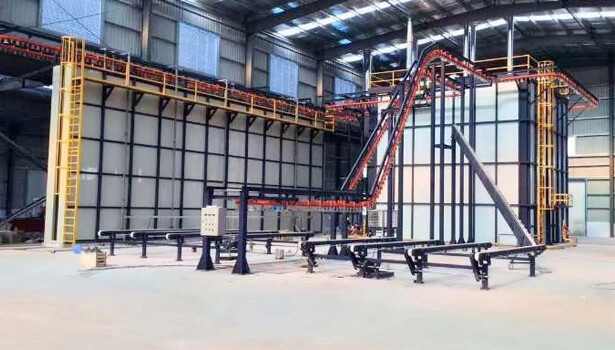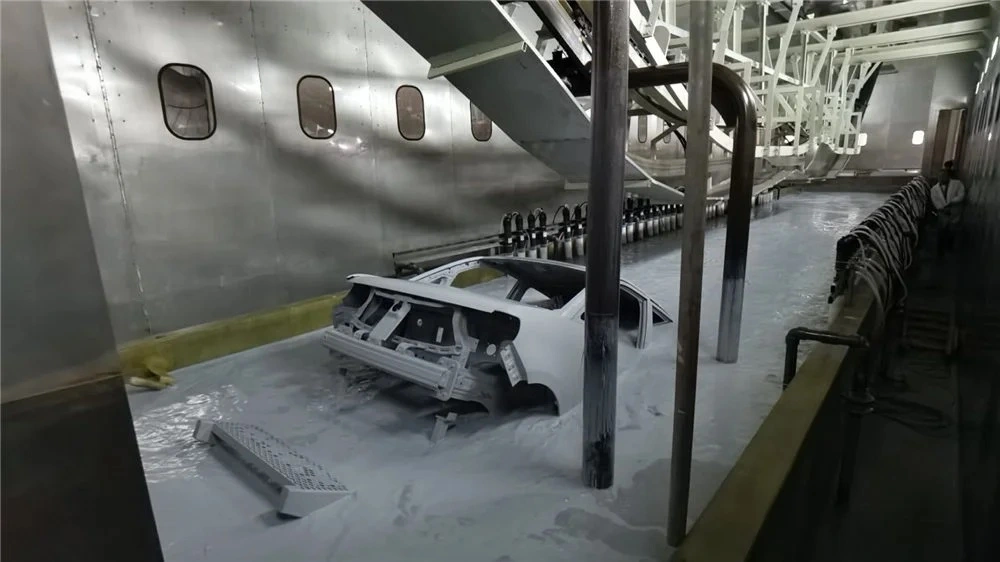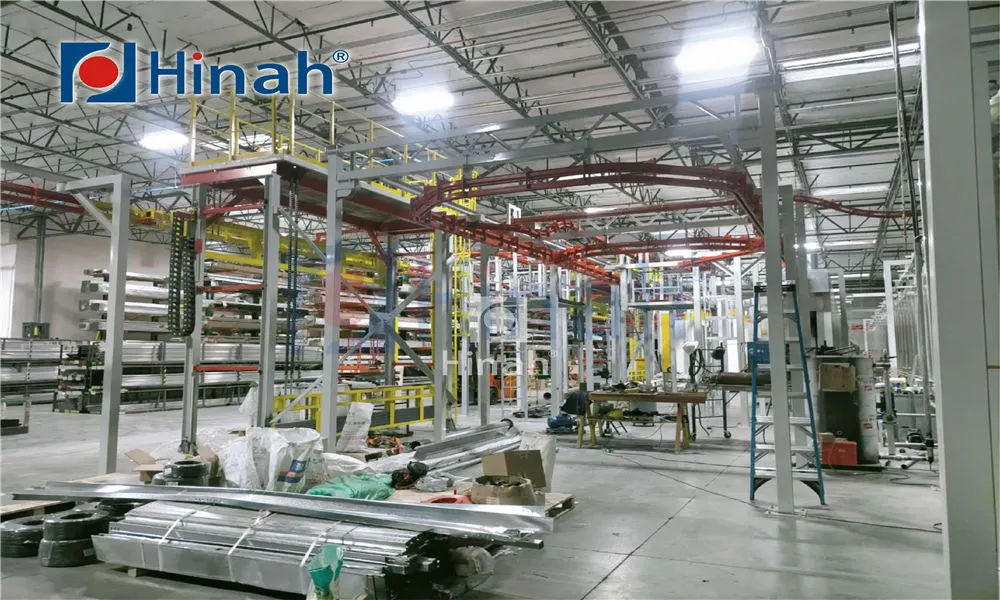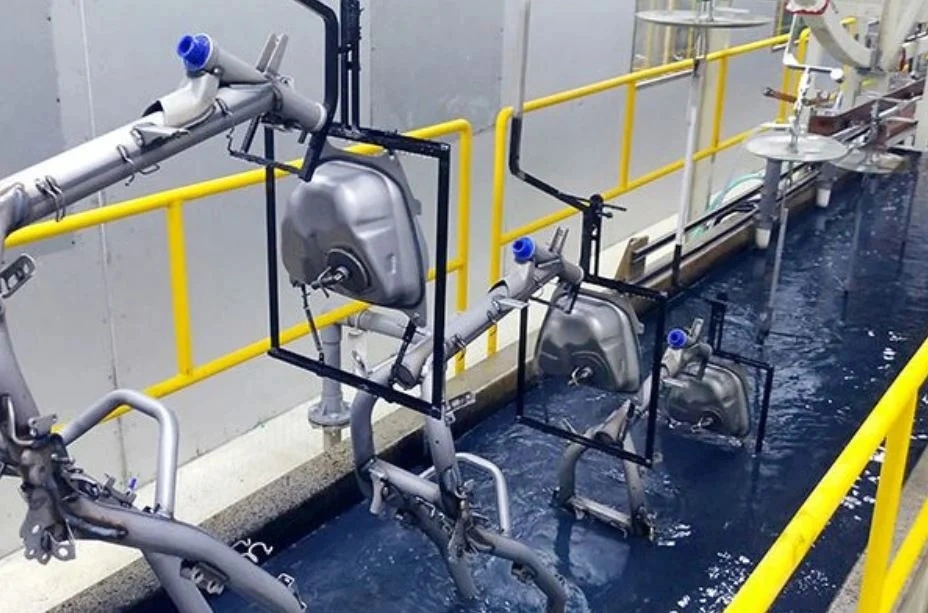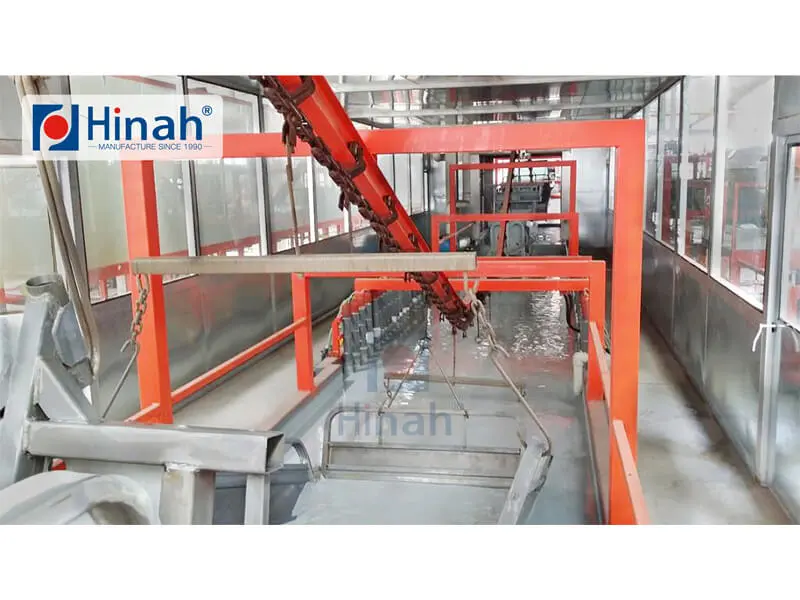When it comes to enhancing product durability and aesthetic appeal, powder coating has become a go-to solution across various industries. However, the success of this process heavily relies on partnering with the right powder coating plant supplier. A reliable supplier not only provides high-quality equipment but also offers expertise in powder coating manufacturing, powder coating systems, and seamless Powder Coating Plant Installation. Whether you're dealing with a plastic powder coating process or opting for a Turnkey Powder Coating Plant, understanding the intricacies can save time, reduce costs, and minimize common issues. This article delves into the key aspects of powder coating, from manufacturing basics to installation steps, while highlighting the role of a proficient supplier. By the end, you'll have a comprehensive view of how to optimize your powder coating operations, including addressing frequent challenges that arise in the field.
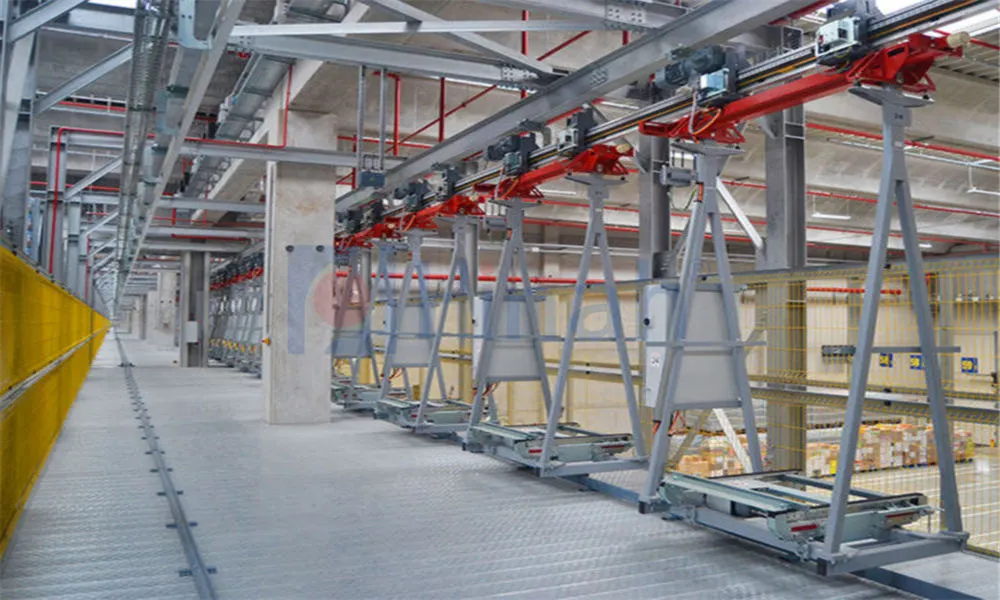
Introduction to Powder Coating Plant Suppliers
A powder coating plant supplier plays a pivotal role in the industrial coating landscape. These suppliers are specialized entities that design, manufacture, and supply equipment for applying powder coatings to various substrates, such as metal, plastic, and wood. Their offerings range from individual components like spray guns and ovens to complete powder coating systems that integrate seamlessly into production lines. Choosing the right supplier is critical because they provide the foundation for efficient powder coating manufacturing. A good supplier doesn't just sell equipment; they offer technical support, training, and after-sales services, ensuring that your Powder Coating Plant Installation is smooth and operational from day one. Moreover, with the growing demand for eco-friendly processes, suppliers are increasingly focusing on solutions that reduce waste and energy consumption, making them partners in sustainability. When selecting a powder coating plant supplier, factors like experience, customer reviews, and the ability to customize systems for specific needs—such as the plastic powder coating process—should be top priorities. This section sets the stage for understanding why a supplier's expertise is indispensable in achieving consistent, high-quality finishes.
Powder Coating Manufacturing: An Overview
Powder coating manufacturing involves the production of thermoset or thermoplastic powders that are applied as dry coatings to surfaces. This process starts with the formulation of raw materials, including resins, pigments, curatives, and additives, which are mixed, extruded, cooled, and ground into a fine powder. The resulting product is then used in powder coating systems to create a durable, protective layer on objects. Unlike liquid coatings, powder coatings are solvent-free, reducing VOC emissions and making them environmentally friendly. A key advantage of modern powder coating manufacturing is its versatility; it can be tailored for various applications, from automotive parts to household appliances. When working with a powder coating plant supplier, it's essential to understand the manufacturing nuances, as the quality of the powder directly impacts the final finish. For instance, in the plastic powder coating process, specialized powders are designed to adhere to plastic substrates without causing deformation. This overview highlights how powder coating manufacturing forms the backbone of the entire coating operation, emphasizing the need for high-quality materials supplied by trusted partners.
Understanding Powder Coating Systems
Powder coating systems refer to the integrated equipment used to apply and cure powder coatings efficiently. These systems typically include pre-treatment stations, application booths, curing ovens, and conveyor mechanisms. There are several types of powder coating systems, such as manual, automatic, and robotic setups, each suited to different production volumes and precision requirements. For example, a small workshop might use a manual system, while large-scale operations benefit from automated powder coating systems that ensure consistency and speed. A reputable powder coating plant supplier will assess your needs to recommend the right system, whether it's for general metal coating or specialized processes like the plastic powder coating process. Key components include electrostatic spray guns that charge the powder particles for even adhesion, and infrared ovens that cure the coating quickly. When planning a Turnkey Powder Coating Plant, the system design is crucial—it must accommodate factors like part size, production rate, and environmental regulations. Understanding these systems helps in making informed decisions during Powder Coating Plant Installation, reducing downtime and optimizing performance. This section explains the mechanics behind powder coating systems and their role in achieving flawless finishes.
The Plastic Powder Coating Process
The plastic powder coating process is a specialized application designed for plastic substrates, which require careful handling due to their sensitivity to heat and static. Unlike metals, plastics can warp or melt under high temperatures, so this process uses low-cure powders and controlled curing cycles. It begins with surface preparation, such as cleaning and priming, to ensure adhesion. Then, electrostatic application deposits the powder onto the plastic part, followed by curing in an oven at temperatures typically between 120°C and 150°C. This plastic powder coating process is common in industries like automotive and electronics, where plastic components need durable, decorative finishes. A skilled powder coating plant supplier will provide equipment tailored for plastics, such as modified guns and ovens with precise temperature controls. Challenges in this process include achieving uniform coverage and preventing defects like orange peel texture. By integrating insights from powder coating manufacturing, suppliers can recommend powders with flexible formulations that bond well with plastics. This section details the steps involved in the plastic powder coating process and how a supplier's expertise ensures success.
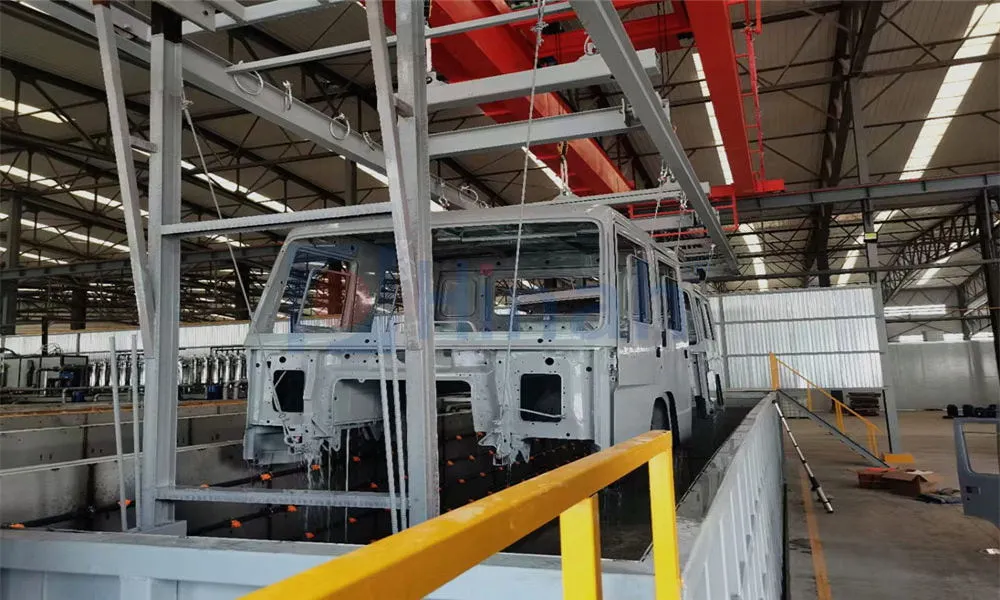
Advantages of Turnkey Powder Coating Plants
A Turnkey Powder Coating Plant offers a complete, ready-to-use solution where the supplier handles everything from design to commissioning. This approach minimizes the client's involvement, making it ideal for businesses looking to start powder coating operations quickly. The benefits of a Turnkey Powder Coating Plant include reduced project timelines, as the powder coating plant supplier manages all aspects, including equipment selection, Powder Coating Plant Installation, and staff training. These plants are designed to be efficient, often incorporating advanced powder coating systems that optimize energy use and reduce waste. For instance, a Turnkey Powder Coating Plant might include integrated recovery systems to recycle overspray powder, lowering material costs. Additionally, such plants are scalable, allowing for future expansions. When considering a Turnkey Powder Coating Plant, it's important to choose a supplier with a proven track record, as they ensure that the plant meets industry standards and specific requirements, such as handling the plastic powder coating process. This section explores the advantages of turnkey solutions and how they streamline operations in powder coating manufacturing.
Powder Coating Plant Installation: A Step-by-Step Guide
Powder Coating Plant Installation is a critical phase that determines the long-term performance of the coating operation. It involves several steps, starting with site assessment and preparation. A professional powder coating plant supplier will conduct a feasibility study to ensure the space meets requirements for ventilation, power supply, and safety. Next, the installation team assembles the powder coating systems, including pre-treatment tanks, spray booths, and curing ovens. Electrical and plumbing connections are made, followed by calibration of equipment like electrostatic guns and conveyor belts. For a Turnkey Powder Coating Plant, the supplier oversees the entire process, from foundation work to final testing. Key considerations during Powder Coating Plant Installation include compliance with local regulations and optimizing workflow to minimize bottlenecks. Common pitfalls, such as improper grounding leading to adhesion issues, can be avoided with expert guidance. This section provides a detailed guide to Powder Coating Plant Installation, emphasizing the supplier's role in ensuring a smooth setup.
Common Challenges and Solutions in Powder Coating
Despite its advantages, powder coating can face several common issues that affect quality and efficiency. One frequent problem is poor adhesion, often caused by inadequate surface preparation or contamination. This can be mitigated by following proper cleaning protocols and using high-quality pre-treatment systems recommended by a powder coating plant supplier. Another issue is orange peel texture, which results from incorrect curing temperatures or powder formulation; adjusting oven settings or consulting with the supplier on powder coating manufacturing specs can help. In the plastic powder coating process, challenges like warping require careful temperature control. Additionally, equipment malfunctions in powder coating systems—such as clogged guns—can lead to downtime; regular maintenance and training from the supplier are essential. For Turnkey Powder Coating Plant projects, delays in Powder Coating Plant Installation might occur due to logistical errors, highlighting the need for experienced suppliers. This section lists common problems and practical solutions, underscoring how a reliable powder coating plant supplier provides ongoing support to address these challenges.
In summary, a powder coating plant supplier is more than just a vendor—they are a strategic partner in achieving efficient and high-quality coating operations. From understanding the basics of powder coating manufacturing to selecting the right powder coating systems and navigating the plastic powder coating process, their expertise is invaluable. Opting for a Turnkey Powder Coating Plant can simplify the journey, while proper Powder Coating Plant Installation ensures long-term reliability. By being aware of common issues and their solutions, businesses can maximize the benefits of powder coating. As you consider your options, prioritize suppliers who offer comprehensive services and have a strong reputation in the industry. This holistic approach will not only enhance your product finishes but also contribute to sustainable and cost-effective manufacturing.


